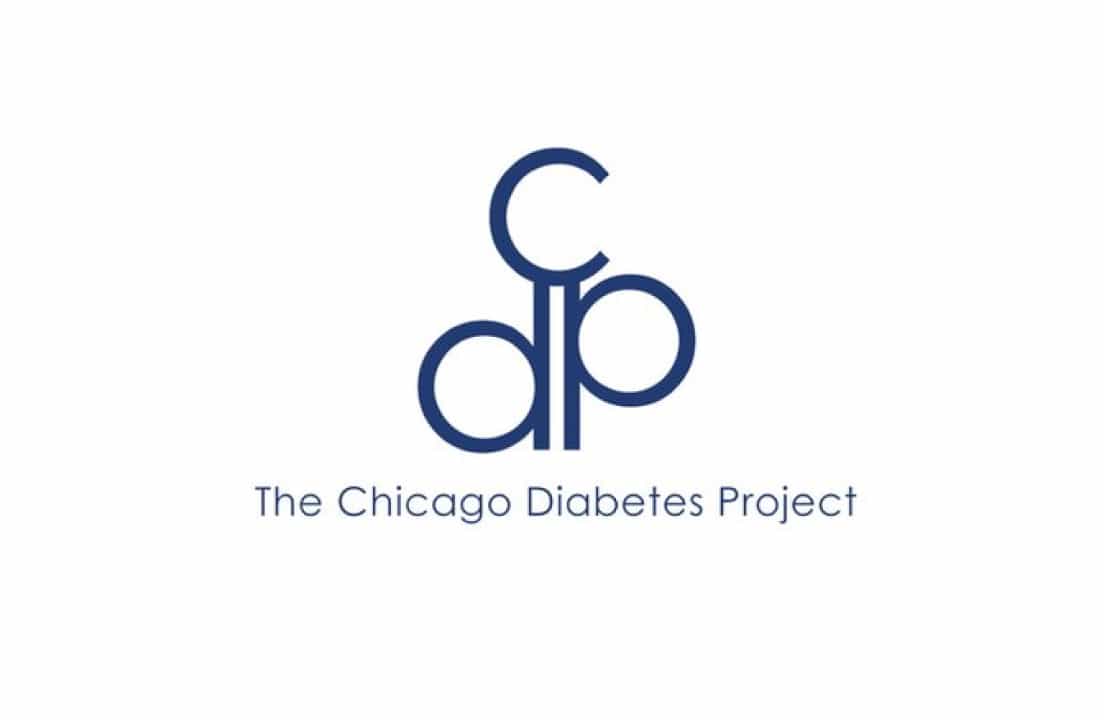T1D Guide
T1D Strong News
Personal Stories
Resources
T1D Misdiagnosis
T1D Early Detection
Research/Clinical Trials
Misdiagnosed with Type 2 Diabetes and Epilepsy: A Cautionary Tale for Primary Doctors
Robert Coombs was 27 years old when he was misdiagnosed with type 2 diabetes in 2007. Unfortunately, this diagnosis led directly to the misdiagnosis of a second condition. Both misdiagnoses are largely the result of new and experienced doctors making assumptions in the face of undiagnosed medical conditions.

“I was going through a breakup,” remembered Coombs, “and during the process of my breakup, my ex-girlfriend said to me, ‘You’re a diabetic.’”
Coombs thought she was trying to insult him.
“I said, ‘That’s not very nice…I didn’t think we were at that point in our relationship,’ and she was like, ‘No, you’re a diabetic. You get up to pee seven times a night!’”
A Confusing Diagnosis
Indeed, she was right — but his primary care doctor assumed it was type 2 diabetes (T2D) due to Coombs’ age.
A grave misperception is that adults can’t get type 1 diabetes (T1D) when, in fact, it’s becoming increasingly prevalent among individuals in their twenties and thirties. The National Institutes of Health (NIH) reports that T1D rates are rising by 1.8% each year.

“It didn’t make sense,” said Coombs. “Why would he say that? I’m fit and very active. I cycle a couple hundred miles a week and rock climb four to five times a week. I live a super active lifestyle.”
The doctor told him, “Well, you don’t get type 1 diabetes as a grown-up, so you have to have type 2.”
Looking back, Coombs pointed out the irony in the misdiagnosis.
His doctor made a sweeping conclusion that he couldn’t have type 1 diabetes due to one factor: his age. Meanwhile, he easily made the misdiagnosis despite failing to present any of the typical factors — like obesity, high blood pressure, and high cholesterol.
The doctor prescribed metformin and told him to return after the weekend for a blood glucose meter. He also left him with one piece of guidance on taking metformin.
“If I feel ‘funny’, he said I should drink some orange juice because it means my blood sugar is probably low.”
Coombs remembered sitting in church on Sunday morning, just two days after his type 2 diagnosis, when he started feeling terribly dizzy and unwell.
“So, I drank some orange juice like he said,” said Coombs, “and 30 minutes later, the muscles in my entire body started locking up. I felt like I was turning to stone.”
It passed relatively quickly, and Coombs went home assuming it was low blood sugar caused by too much metformin.
“The next morning, I go to the doctor to get a glucometer,” says Coombs. “I started feeling those same symptoms, so I drank more orange juice in the waiting room. But the same thing happened, and this time, I started blacking out.”
Fortunately, a nurse came to his rescue in more ways than one.
“One nurse assumed I was hypoglycemic and suggested giving me more sugar, but another nurse said, ‘No, let’s test his blood sugar first,’” said Coombs.
His blood sugar was so high that it couldn’t register on the glucometer, so the nurse found a medical-grade glucose meter.
“My blood sugar was 986 mg/dL,” says Combs. His medical episodes in the waiting room and church were both clearly seizures due to dangerously high blood sugar. For individuals with type 1 diabetes, insulin is the necessary treatment for hyperglycemia.

The Next Misdiagnosis
Unfortunately, his healthcare team didn’t understand this — that severe high blood sugar levels can cause seizures and loss of consciousness. And this led to his next misdiagnosis.
“They diagnosed me that day with type 1 diabetes and epilepsy because they said diabetics don’t have seizures from high blood sugar, only low blood sugar,” said Coombs. While facing two significant diagnoses in one day, Coombs felt that something was off.
While his healthcare team continued with his epilepsy diagnosis, he started researching on his laptop, still in the hospital bed. “I Googled it while they were trying to figure it out,” said Coombs with lingering frustration and disbelief. “And the answer was clearly: yes, you can have seizures from high blood glucose levels.”
Despite the evidence on his computer screen, Coombs had to fight the healthcare team to correct this diagnosis.
“The neurologist came in with her neurology textbooks and told me this is definitely epilepsy,” said Coombs. “They hooked me up to electrodes to measure brain activity, and the results were ‘inconclusive,’ which I knew meant I definitely didn’t have epilepsy.”
Coombs asked the young doctor how many years of experience she had in diagnosing neurological disorders. The doctor had just graduated from medical school earlier that year. “Is there a chance,” Coombs asked her, “that you’re a hammer and everything you’re seeing is a nail?”
Coombs demanded a more experienced doctor. Thanks to his self-advocacy, another doctor arrived after reviewing his tests and medical history and informed him, “Congratulations, you’re not an epileptic."
“What makes you say that?” asked Coombs.
“Everything makes me say that,” said the doctor to Coombs’ relief and validation.
Despite the first daunting diagnosis, Coombs felt a sigh of relief.
When doctors say, “diabetes will kill you.”
Coombs’ first few weeks of managing type 1 diabetes brought disturbingly ignorant “guidance” from a doctor and a pharmacist.
“I finally got to meet with an endocrinologist,” said Coombs, eager to learn what he needed to know about type 1 diabetes, “but this guy was basically in his late 100s. He was so old; in his office, there was a primitive EKG with leather straps and lead electrodes. It said on the side that it was certified in 1965.”
This doctor’s knowledge of living with type 1 diabetes was also stuck in 1965.
“He told me I was gonna have to pick one food and eat only that for the rest of my life,” remembered Coombs. “He said that if I don’t follow his instructions, I will die.”
The physician told Coombs quite bluntly, “Diabetes will kill you.”
Not long after, Coombs heard something equally outdated from his pharmacist. “Every time I went into this pharmacist to pick up my insulin, he would say, ‘You know, diabetes is gonna be the thing that kills you,’” said Coombs.
“Was it a tough love strategy? He thought this was the best way to get someone to take care of themselves?”
But Coombs did his own research once again. “I found the Six Until Me blog about type 1 diabetes,” says Coombs. Kerri Sparling was diagnosed with type 1 diabetes at six years old. She was also one of the first-ever diabetes bloggers.
“She was the first rational voice I could find,” said Coombs. He emailed Kerri, asking her for advice that might help with his doctor’s doom-and-gloom outlook.
“Kerri responded,” Coombs recalled with gratitude. “She basically told me, like, ‘Yeah, just go live your life.’”
And he has.

Today, Coombs is the founder and CEO of Baton Health. Despite his life-threatening diagnosis, he’s a father, a husband, an entrepreneur, and an avid athlete — living life as the wise blogger suggested.








.webp)
.jpg)

.jpg)
.jpeg)
.jpg)

.jpg)
.webp)

.jpg)
.jpg)
.jpg)
.jpg)

.jpg)

.jpg)

.jpg)
.jpg)



.jpg)

.jpg)
.jpg)


.jpg)
.jpg)

.jpg)
.jpg)
.jpg)
.jpg)
.jpg)

.jpg)
.jpg)
.jpg)
.jpg)
.jpg)
.jpg)
.jpg)
.jpg)
.jpg)
.jpg)

.jpg)
.jpg)
.jpg)

.jpg)
.jpg)


.jpg)
.jpg)
.jpg)
.jpg)
.jpg)














.jpg)


.jpg)













.webp)





%20(1).png)



.jpeg)









.webp)